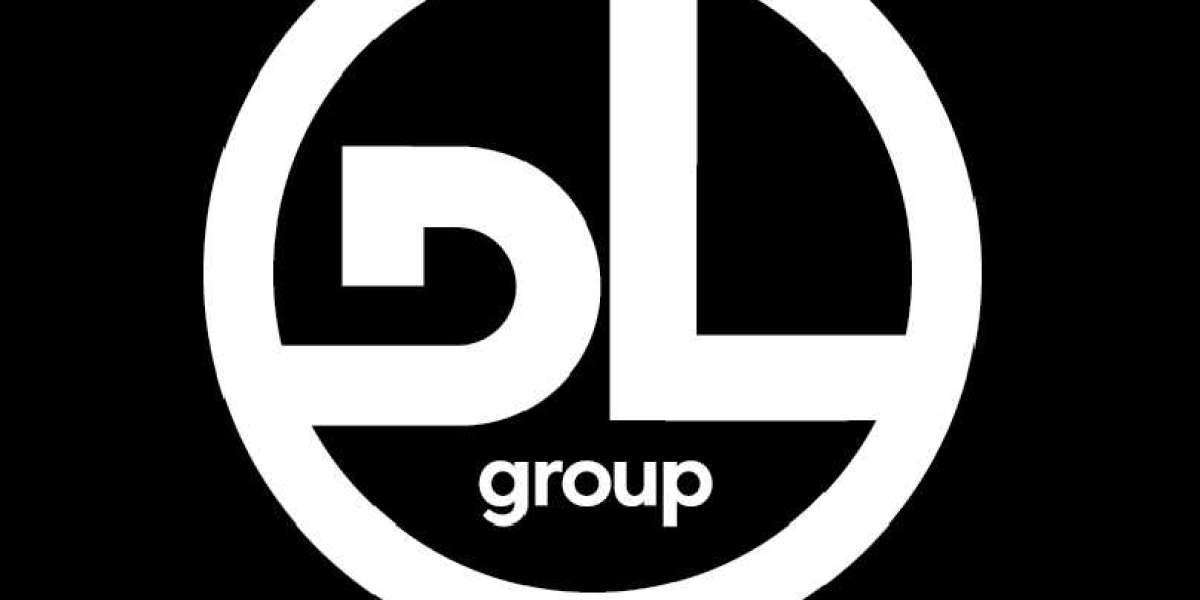Starting an insurance marketing firm in India requires getting an Insurance Marketing Firm Licence from the Insurance Regulatory and Development Authority of India (IRDAI). This licence is essential for legally marketing and distributing insurance products. Understanding the documents required for this licence is crucial for a smooth application process. This guide outlines all the necessary documents and provides simple explanations to help you prepare effectively.
1. Company Registration Certificate
Importance: The first document you need is the Company Registration Certificate. This certificate confirms that your business is legally registered and authorized to operate in India. It verifies your company’s existence as a legal entity.
Requirements:
- Legal Name: Ensure the certificate reflects your company's legal name as per the registration documents.
- Up-to-date Information: The certificate must be current and accurately represent your company’s status.
Where to Get It: This certificate is issued by the Ministry of Corporate Affairs (MCA) when you register your company. You can obtain it through the MCA’s online portal or directly from the Registrar of Companies (ROC).
2. PAN Card
Importance: The Permanent Account Number (PAN) Card is a critical document for tax purposes. It helps in the identification of your company and is used for financial transactions.
Requirements:
- Valid PAN: Ensure that the PAN card is valid and in the name of the company.
- Clear Copy: Provide a clear and legible copy of the PAN card.
Where to Get It: PAN cards are issued by the Income Tax Department. You can apply for a PAN card through the online portal or by visiting a PAN card center.
3. Financial Statements
Importance: Financial statements demonstrate your company’s financial health and stability. These documents are crucial for proving that your firm meets the minimum capital requirements set by the IRDAI.
Requirements:
- Balance Sheet: This should include details of your company’s assets, liabilities, and equity.
- Profit Loss Account: This should show your company’s revenue, expenses, and net profit or loss over the financial year.
- Recent Statements: Provide financial statements from the last three to five years.
Where to Get It: Financial statements are prepared by your company’s accountant or financial department. Ensure they are audited and certified by a qualified auditor.
4. Bank Statements
Importance: Bank statements provide evidence of your company’s financial transactions and liquidity. They help the IRDAI assess your firm’s financial stability.
Requirements:
- Recent Statements: Submit bank statements for the past six to twelve months.
- Clear Records: Ensure the statements are clear and reflect your company’s financial status.
Where to Get It: Bank statements can be obtained from your company’s bank. Most banks provide digital copies that can be downloaded from online banking portals.
5. Proof of Address
Importance: Proof of address verifies the location of your company’s registered office. This is necessary to confirm that your business operates from a legitimate address.
Requirements:
- Utility Bills: Provide recent utility bills such as electricity, water, or gas bills.
- Lease Agreement: If you lease your office space, include a copy of the lease agreement.
- Other Documents: Additional documents like property tax receipt or rent agreement may also be accepted.
Where to Get It: Utility bills and lease agreements are typically provided by utility companies or landlords. Ensure that these documents are recent and accurately reflect your company’s address.
6. KYC Documents
Importance: Know Your Customer (KYC) documents are required to verify the identities of the company’s directors and key personnel. These documents help in assessing the credibility of individuals involved in your firm.
Requirements:
- Proof of Identity: Include documents like passports, driver’s licenses, or Aadhaar cards.
- Proof of Address: Provide documents such as utility bills or bank statements for each director and key personnel.
- Photographs: Recent passport-sized photographs may also be required.
Where to Get It: KYC documents are typically obtained from government-issued identification cards or utility providers. Ensure that these documents are up-to-date and valid.
7. Compliance Framework Documents
Importance: A robust compliance framework ensures that your firm adheres to regulatory standards. These documents demonstrate your commitment to following IRDAI guidelines.
Requirements:
- Internal Policies: Include documented internal policies on marketing practices, customer interactions, and financial transactions.
- Training Programs: Provide details of training programs for employees on regulatory compliance and ethical practices.
- Compliance Officer Appointment: Documentation of the appointment of a compliance officer responsible for overseeing adherence to regulations.
Where to Get It: Internal policies and training programs are developed within your firm. Ensure that these documents are well-documented and regularly updated.
8. Business Plan
Importance: A detailed business plan outlines your firm’s marketing strategies, target markets, and financial projections. It helps the IRDAI understand your business model and operational approach.
Requirements:
- Marketing Strategies: Describe your approach to marketing and distributing insurance products.
- Target Markets: Identify your target customer segments.
- Financial Projections: Include projected revenue, expenses, and profit margins.
Where to Get It: A business plan is typically prepared by your firm’s management team. Ensure it is comprehensive and aligns with your company’s goals and strategies.
9. Proof of Insurance
Importance: Proof of insurance coverage is required to ensure that your firm is protected against potential risks and liabilities.
Requirements:
- Insurance Policies: Provide details of insurance policies covering your firm’s operations, including professional liability and general liability insurance.
Where to Get It: Insurance policies are obtained through insurance providers. Ensure that you have valid and up-to-date policies in place.
Conclusion
Getting an Insurance Marketing Firm Licence involves preparing and submitting a range of documents to the IRDAI. From company registration certificates and financial statements to KYC documents and proof of insurance, each document plays a crucial role in the application process. By understanding and gathering these requirements, you can ensure a smooth and successful application for your insurance marketing firm.
If you need further assistance with the documentation or have questions about the application process, consider seeking professional help.








